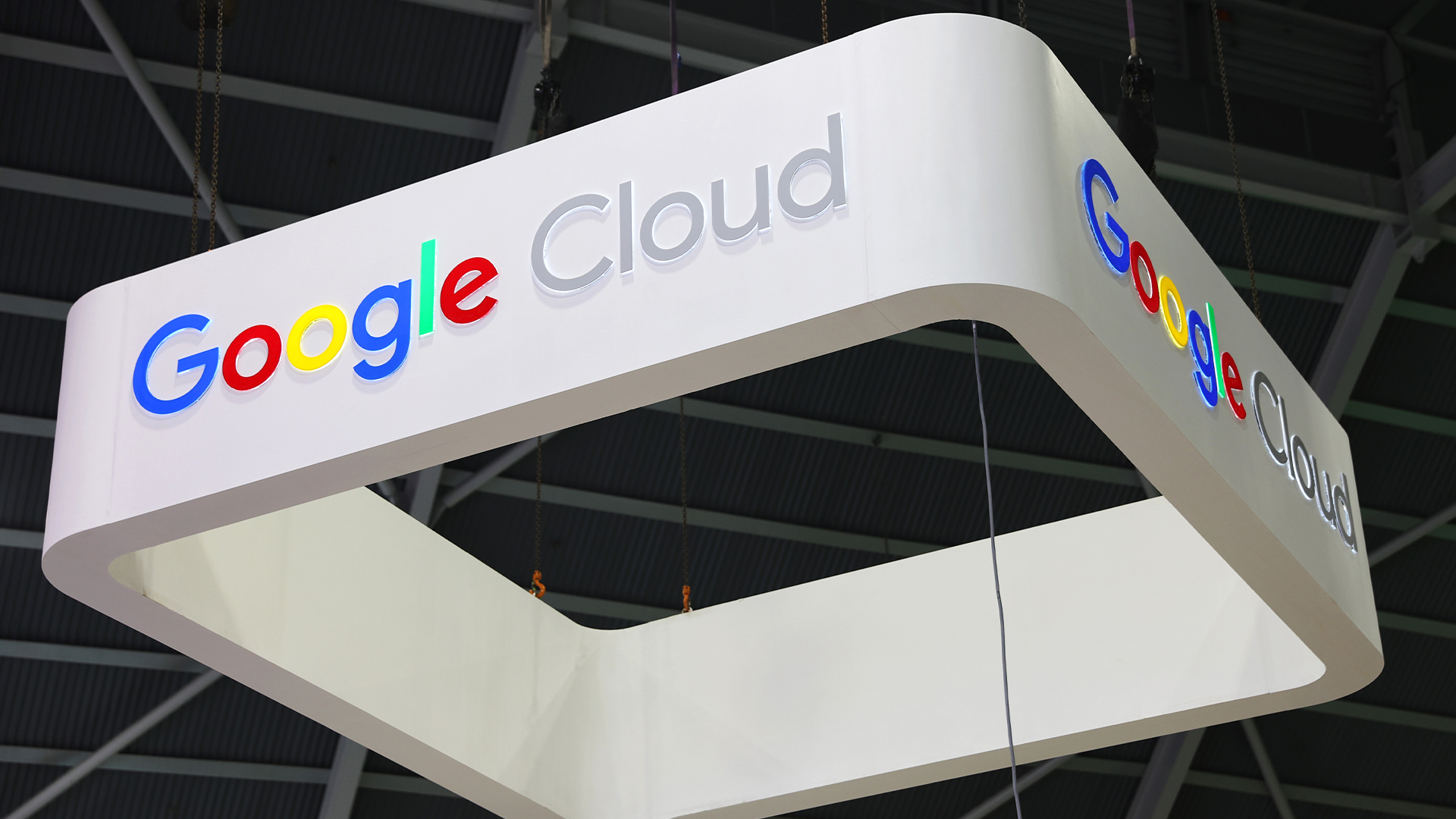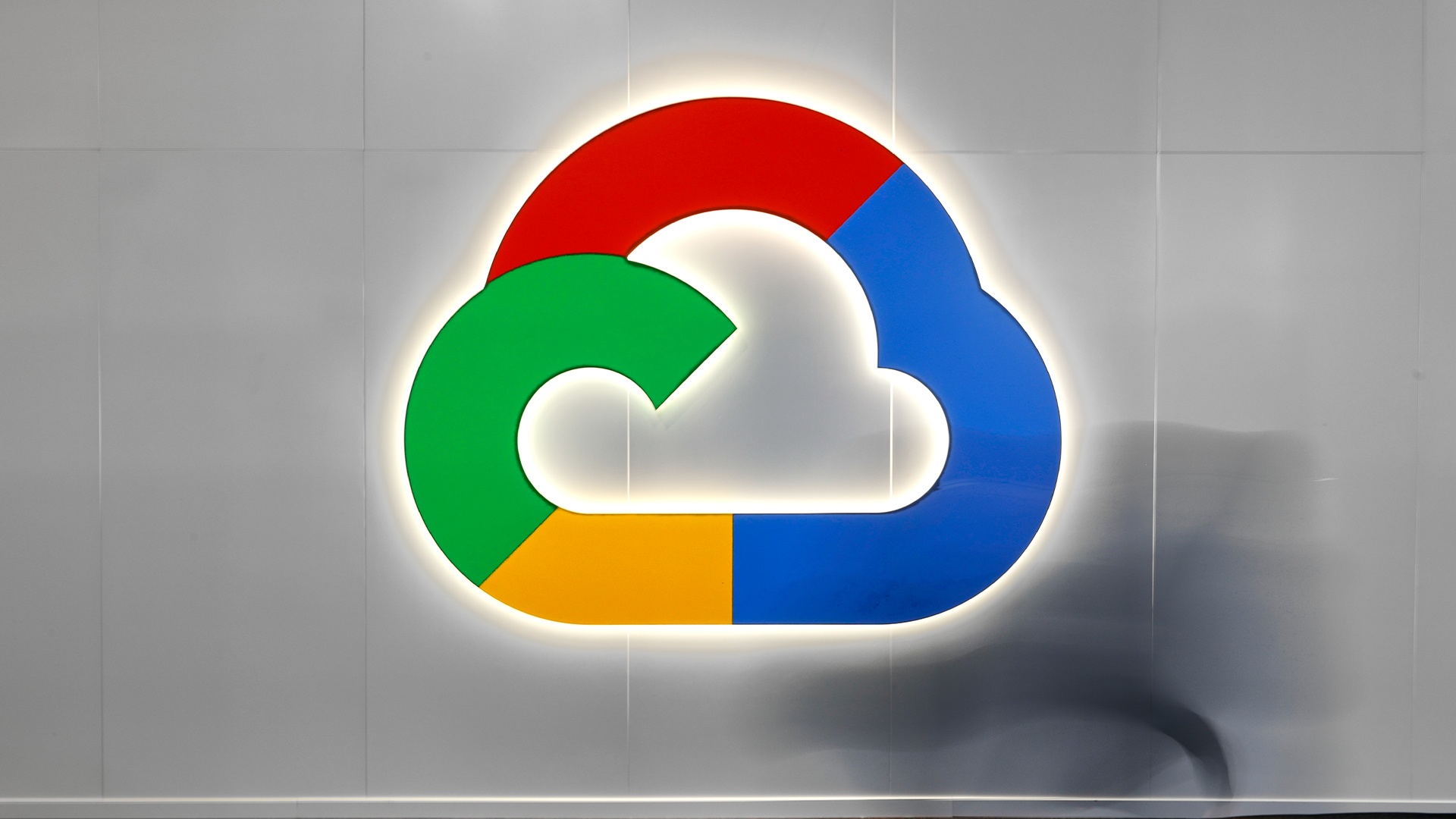‘Multi-cloud all the way’: Why Google Cloud’s UniSuper fiasco shows you shouldn’t rely on a single cloud provider
Google Cloud accidentally deleted UniSuper’s private cloud account, which crippled services for more than a week


Earlier this month, UniSuper found itself in a true nightmare scenario when Google Cloud deleted the account – complete with backups – belonging to the $135 billion pension fund.
The incident prompted nearly two weeks of confusion and disruption for the Australian firm’s 600,000+ members, culminating in a public apology from Google Cloud CEO Thomas Kurian.
Google described the incident as an “unprecedented sequence of events whereby an inadvertent misconfiguration during provisioning of UniSuper’s Private Cloud services ultimately resulted in the deletion of UniSuper’s Private Cloud subscription”.
Industry experts have suggested that the incident highlights the importance of keeping – and diligently maintaining – backups. They’re certainly not wrong, but on this occasion backups simply weren’t enough to avert disaster.
UniSuper said it had "duplication in two geographies" as a failsafe against an outage or data loss. However, the deletion of the firm’s private cloud subscription affected both of these locations as well.
Luckily, the firm said it had backups in place with an additional service provider, which helped minimize data loss.
UniSuper fiasco shows the advantages of multi-cloud
What this incident points toward is a bigger problem: Lumping all your eggs in one hyperscaler basket.
Sign up today and you will receive a free copy of our Future Focus 2025 report - the leading guidance on AI, cybersecurity and other IT challenges as per 700+ senior executives
UniSuper announced in mid-2023 that it would outsource maintenance of its IT infrastructure to the cloud giant, which isn’t out of the ordinary. Companies the world over do this with other major providers such as AWS or Microsoft.
Jamil Ahmed, distinguished engineer at Solace, told ITPro that while choosing a single cloud vendor improves simplicity, the UniSuper incident highlights the growing appeal of a multi-cloud approach.
"‘One-of-a-kind’, extremely rare outages or issues continue to plague every service provider from time to time, which is why the need to store and access valuable information on multiple provider services has arisen,” he said.
From a business perspective, Ahmed said there are “no excuses” for having a single cloud provider in 2024, as this ultimately hamstrings a business into working with one vendor that at any time could encounter a similar problem.
RELATED

Simply put, he said, a single-vendor approach is a vestige of a bygone era in cloud computing.
“It needs to be multi-cloud all the way, treating cloud as a commoditized compute as much as possible, rather than building apps and services that are tied to knowing what cloud they're in.”
“Unfortunately, when businesses first introduced the cloud into their strategy, about 10 years ago, they made multi-provider usage a problem to solve later on.
“It is now 'later on,' and the strategy of using one cloud service is demonstrably dangerous and negligent."

Ross Kelly is ITPro's News & Analysis Editor, responsible for leading the brand's news output and in-depth reporting on the latest stories from across the business technology landscape. Ross was previously a Staff Writer, during which time he developed a keen interest in cyber security, business leadership, and emerging technologies.
He graduated from Edinburgh Napier University in 2016 with a BA (Hons) in Journalism, and joined ITPro in 2022 after four years working in technology conference research.
For news pitches, you can contact Ross at ross.kelly@futurenet.com, or on Twitter and LinkedIn.
-
 What is Microsoft Maia?
What is Microsoft Maia?Explainer Microsoft's in-house chip is planned to a core aspect of Microsoft Copilot and future Azure AI offerings
-
 If Satya Nadella wants us to take AI seriously, let’s forget about mass adoption and start with a return on investment for those already using it
If Satya Nadella wants us to take AI seriously, let’s forget about mass adoption and start with a return on investment for those already using itOpinion If Satya Nadella wants us to take AI seriously, let's start with ROI for businesses
-
 Cloud infrastructure spending hit $102.6 billion in Q3 2025 – and AWS marked its strongest performance in three years
Cloud infrastructure spending hit $102.6 billion in Q3 2025 – and AWS marked its strongest performance in three yearsNews Hyperscalers are increasingly offering platform-level capabilities that support multi-model deployment and the reliable operation of AI agents
-
 Google Cloud teases revamped partner program ahead of 2026
Google Cloud teases revamped partner program ahead of 2026News The cloud giant’s new-look partner ecosystem shifts focus from activity tracking to measurable customer outcomes
-
 What Palo Alto Networks' $10bn deal with Google Cloud means for customers
What Palo Alto Networks' $10bn deal with Google Cloud means for customersNews The extension of an existing partnership between Palo Alto Networks and Google Cloud is designed to boost security amid rise in AI
-
 Cohesity deepens Google Cloud alliance in data sovereignty push
Cohesity deepens Google Cloud alliance in data sovereignty pushNews The pair’s expanded collaboration will focus on new integrations for AI, cybersecurity, and data protection
-
 Google Cloud introduces ‘no-cost’ data transfers for UK, EU businesses
Google Cloud introduces ‘no-cost’ data transfers for UK, EU businessesNews Google Cloud's new Data Transfer Essentials service will allow enterprises to transfer data to alternative providers at no extra cost.
-
 Google strikes big win with $10 billion Meta cloud deal
Google strikes big win with $10 billion Meta cloud dealNews As Meta continues its AI drive, the company is looking outside for the necessary infrastructure
-
 Is AWS' cloud dominance waning? New stats show the hyperscaler's IaaS market share is decreasing while Microsoft and Google record gains
Is AWS' cloud dominance waning? New stats show the hyperscaler's IaaS market share is decreasing while Microsoft and Google record gainsNews AWS maintained its lead in the IaaS market last year, but its share decreased while Microsoft and Google recorded gains.
-
 US companies dominate the European cloud market – regional players are left fighting for scraps
US companies dominate the European cloud market – regional players are left fighting for scrapsNews Synergy data shows EU providers hold just 15% of the market despite rise in AI and drive for cloud sovereignty